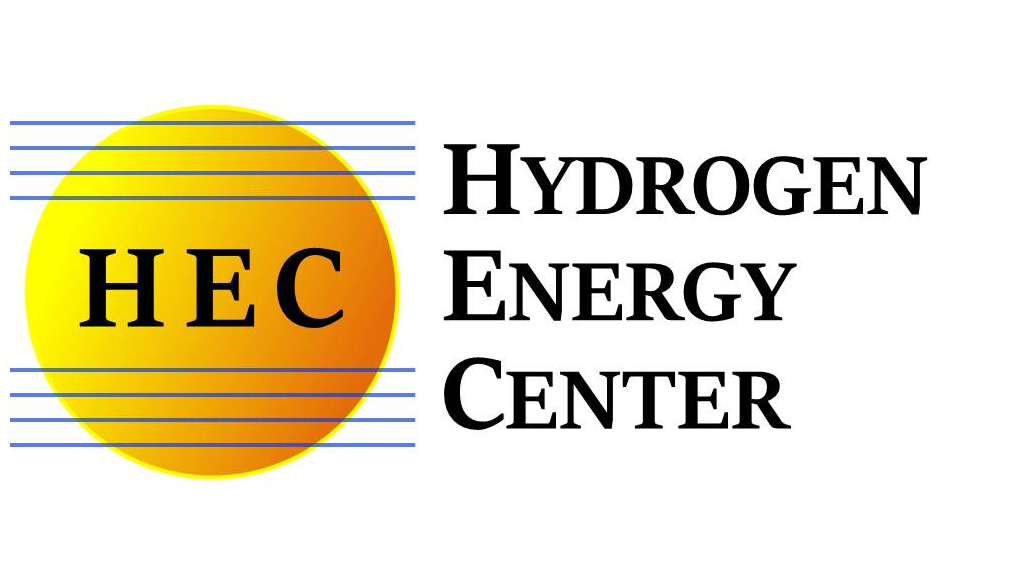THE BENEFITS OF HYDROGEN WILL HELP MOVE US TO A SUSTAINABLE ENERGY ECONOMY.
To better understand hydrogen’s benefits, we can first review some of the present concerns with the structure of the existing energy economy.
Four realities suggest that the current energy economy is not sustainable:
- The demand for energy is growing and the raw materials for the fossil fuel economy are diminishing. Oil, coal, and natural gas supplies are not replenished as it is consumed, so an alternative must be found.
- Most of the people who consume fossil fuels don't live where fuels are extracted. This situation creates enormous economic motivation for the consuming nations to try to exert control over the regions that supply the fuels. For many people and governments in the world, the resulting conflicts are unacceptable.
- Emissions from fossil fuel usage significantly degrade air quality all over the world, especially in Northeastern United States. The resulting carbon byproducts are substantially changing the world's climate. For many people and governments in the world the resulting health and climate impacts are unacceptable.
- Third world economies are especially susceptible when developing energy systems needed to improve their economies. The fossil fuel economy puts people and nations under the undue influence of energy suppliers. This lack of economic independence is unacceptable to many businesses and governments.
Hydrogen has three basic benefits that address these concerns.
- The use of hydrogen greatly reduces pollution. When hydrogen is combined with oxygen in a fuel cell, energy in the form of electricity is produced. This electricity can be used to power vehicles, as a heat source and for many other uses. The advantage of using hydrogen as an energy carrier is that when it combines with oxygen the only byproducts are water and heat. No greenhouse gasses or other particulates are produced by the use of hydrogen fuel cells.
- Hydrogen can be produced locally from numerous sources. Hydrogen can be produced either centrally, and then distributed, or onsite where it will be used. Hydrogen gas can be produced from methane, gasoline, biomass, coal or water. Each of these sources brings with it different amounts of pollution, technical challenges, and energy requirements.
- If hydrogen is produced from water we have a sustainable production system . Electrolysis is the method of separating water into hydrogen and oxygen. Renewable energy can be used to power electrolyzers to produce the hydrogen from water. Using renewable energy provides a sustainable system that is independent of petroleum products and is nonpolluting. Some of the renewable sources used to power electrolyzers are wind, hydro, solar and tidal energy. After the hydrogen is produced in an electrolyzer it can be used in a fuel cell to produce electricity. The by products of the fuel cell process are water and heat. If fuel cells operate at high temperatures the system can be set up as a co-generator, with the waste energy used for heating.
The Hydrogen Energy Center is building on the benefits of hydrogen to realize a sustainable energy economy.
When considering the production process, the cost of electricity required for the electrolysis process is one of the barriers to sustainable energy. Presently Hydrogen Energy Center is researching wind, solar, tidal and hydro as renewable energy sources. Wind generators have been significantly improved in recent years and can produce electricity for $.04 per kWh which is competitive with conventional means of generating electricity. If the site has adequate wind then there is substantial potential for a hydrogen production facility. Small scale hydro holds promise for sites where local production and use are determining factors. Tidal power is gathering momentum and demonstration projects have been successful. Hydrogen Energy Center is working with inventors to develop plans for a long term tidal electrical generation demonstration project in New England. Improvements with solar arrays of photovoltaic cells continue to lower the cost of producing electricity. Given the right climate and set of circumstances solar is a viable solution.
Besides electrolysis the production of hydrogen has been accomplished by a catalytic reaction of waste aluminum. The end products are hydrogen, and alumina which can be reused to make aluminum. Hydrogen Energy Center is in dialogue with the Canadian company that holds the patent.
Aside from the production of hydrogen, the everyday use and acceptance of hydrogen must be careful introduced. Hydrogen today is being used to power commercial buses both by internal combustion engines burning a combination of hydrogen and other fuels and solely by hydrogen used in fuel cells. Hydrogen is used in many commercial applications from welding metal to dying fabrics to making electronics, plastics and fertilizers. When a renewable economically viable production process of hydrogen can be achieved the advantages will be spread out to many industries. Some of the proving grounds for various production methods can be locally developed to provide hydrogen for these industries.
Renewable energy sources are often limited for commercial use due to their intermittent availability. Sometimes the wind doesn’t blow or the sun doesn’t shine, so hydrogen can be the critical link used as a storage medium to supply power during these periods. Hydrogen can be used as a mobile source of power for transportation by being compressed and stored in small tanks for applications similar to gasoline or propane.
With increasing use of hydrogen and technical advances, the costs of production, distribution and product manufacturing will becoming increasing affordable. By continuing to build partnerships between business, government , universities and non-profit organizations hydrogen will be the foundation of a sustainable energy economy.

